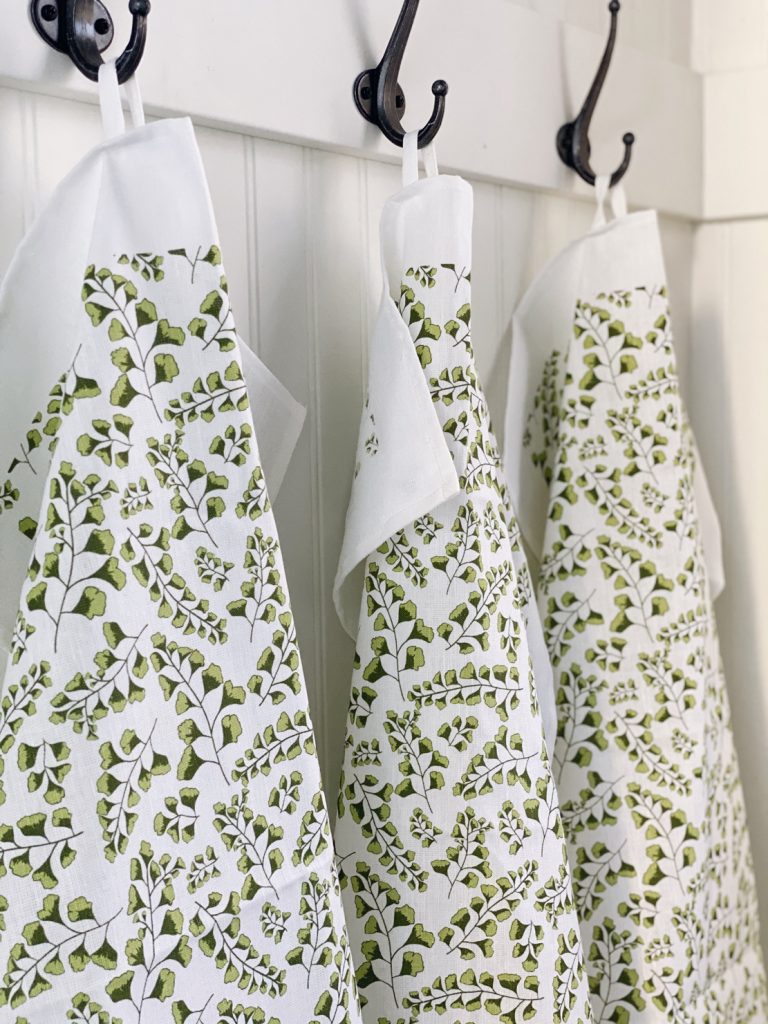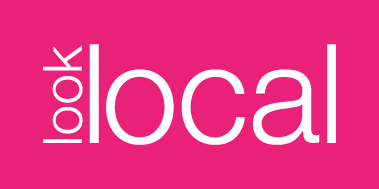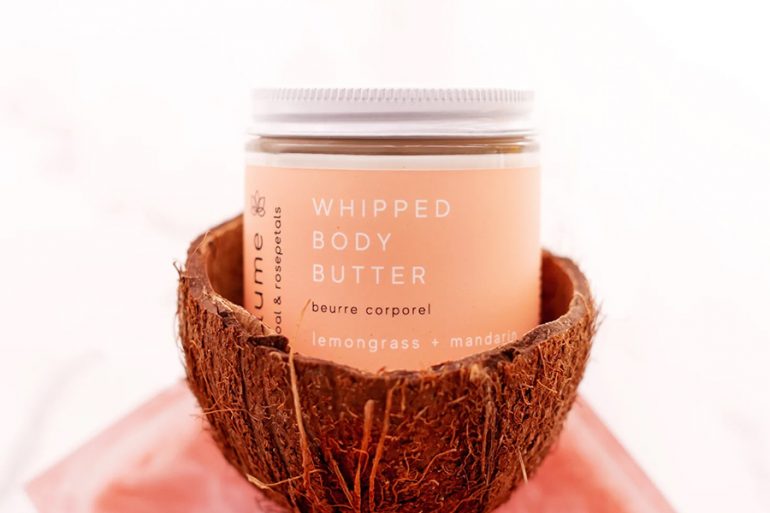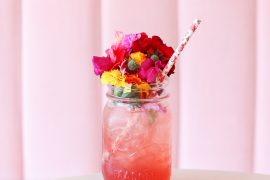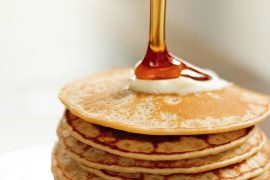I‘ve been working as a writer for just over five years now, but in my previous life – before kids – I carried a fast-paced nine-to-five job in environmental management and sustainability. My career kicked off with the Town of Oakville as a sustainability educator in their Environmental Policy Department. It was a meaningful and fulfilling job, where I collaborated with internal departments, local school boards, conservation authorities, and Halton Region to develop community-based environmental programs. My deep love for our natural environment inspired that career. And while my path in life has changed, my appreciation for the seas and the sky has not.
Environmentalism dates back to the late 19th Century, but the 1960s saw a second wave in environmentalism, marking a different area for conservation. Land and water pollution became a growing concern, not just for naturalist groups but the Canadian population as a whole.

At the turn of the 21st Century and in the early 2000s, Canada experienced a third and fourth wave of environmentalism. Youth began to take an interest in the future of our planet, and large corporations received pressure from both consumers and government to improve sustainability. Greenwashing became a prominent marketing tactic to create a false impression of a company’s “green” practices. While greenwashing is still a thing, today many companies have stepped up to meet or exceed government requirements, earning themselves accreditations (which really helps us as consumers).
This idea of “sustainable” or “eco-friendly” products extends beyond our environment. Intending to live a full, healthy, and long life, consumers have pushed for non-toxic products containing either organic or natural ingredients, especially in items we put on our bodies or use on our most precious population – children and babies. There has even been increased demand for all-natural pet products. The goal: to limit exposure to less-than-ideal ingredients in our environment and our bodies.
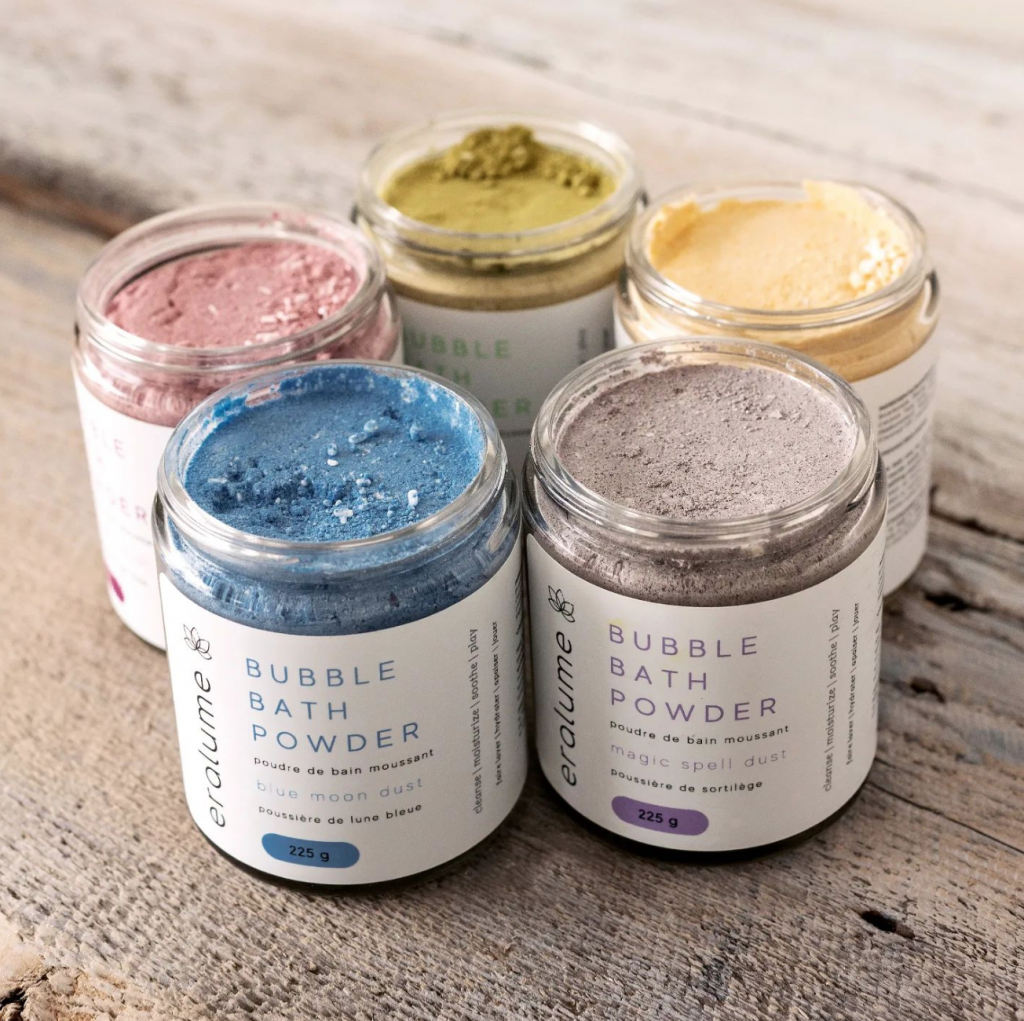
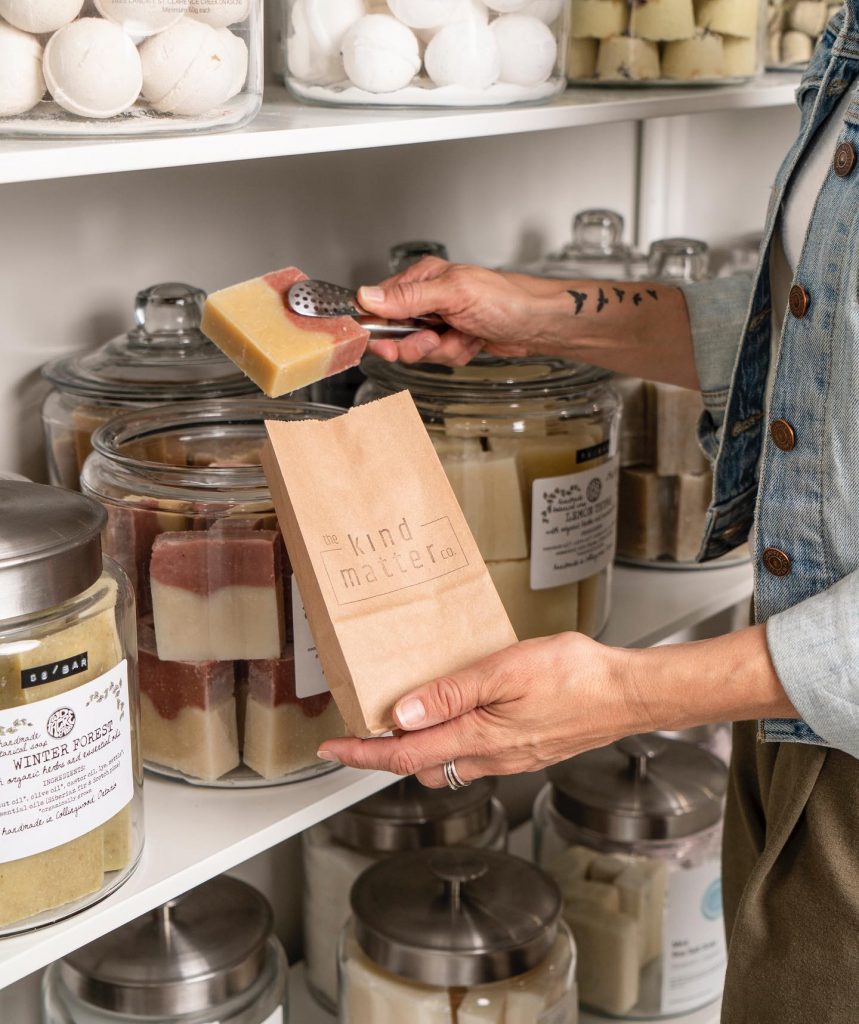
But how can you read between the lines on a label? Refillery Market’s Koby Hicks says to start with the ingredients. Victoria Garofalo, founder of A Greener Place in Waterdown, agrees, saying, “Hard-to-pronounce ingredients aren’t necessarily a bad thing (plant names can be long and confusing!), but there are some common words you should look for. Parabens, parfum, aluminum, and mineral oils aren’t something you want to put on your skin.”
Where’s the best place to find these types of natural products? Look for businesses that not only sell clean products but root themselves in ethical business practices. A Greener Place, EcoFillosophy, Refillery Market, The Kind Matter Company, and Ten & Co. – locally-owned businesses based in Waterdown, Oakville, and Burlington – strive to do just that.
With a “refillery” business model, these zero-to-low waste boutiques carry consciously selected products for home, body, and beyond. Customers can refill glass mason jars (provided with a deposit) with their favourite soap, shampoo, cleaning products, or laundry detergent. Even toothpaste and deodorant can be refilled.
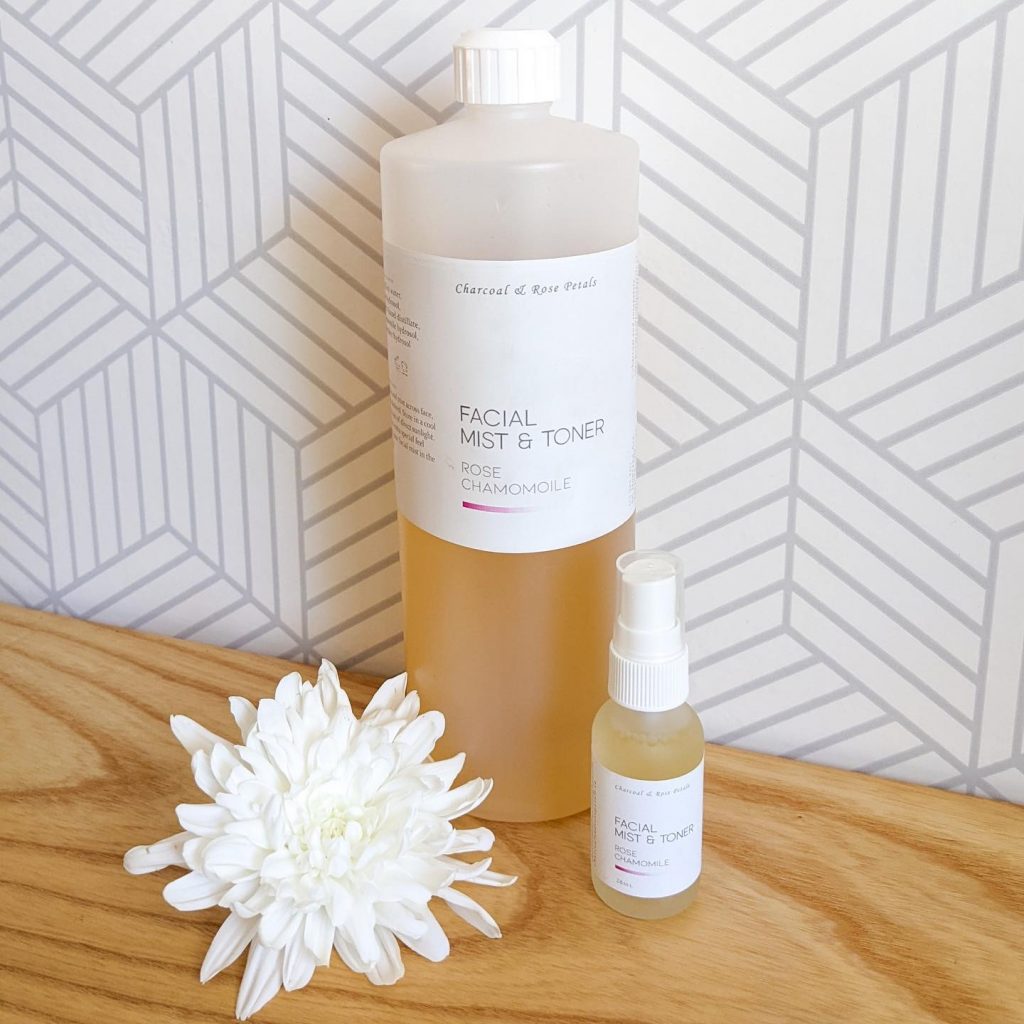
Each boutique meticulously reviews the lifecycle of every product or brand they source, considering ingredients, ethical manufacturing, packaging, and end-user consumption. Oneka, available at Refillery Market, The Kind Matter Company, and A Greener Place, is a popular Quebec-based bulk supplier. They farm their own botanicals for personal care products like shampoo and conditioner. Garofalo notes, “For babies, children, or highly-sensitive individuals, look for products that are unscented or minimally scented with natural oils.” Despite being naturally derived, essential oils can cause skin and breathing irritation to those with sensitivities. Sleepy Owl Baby, an all-natural, small-batch baby care line by Natacha Rey is produced right in Oakville. Rey also created popular cleaning brand, Lemon Aide, and an extensive line of bath, body, and beauty products available through her company, Maison Apothecare. Oh, and those beautiful Swedish Sponge Cloths that everyone loves so much? They’re designed by Ten & Co’s founder, Christen Irwin.
These small-batch products and safer ingredients usually come with a higher price tag – but that’s actually a benefit. High-quality ingredients and ethical business practices (such as not testing on animals and limiting waste) require more time and resources. Plus, Hicks adds, “The cost savings come with refilling.” An example would be that a bottle of Oneka shampoo costs $15 before tax. Refillery Market on the other hand, charges $11 pre-tax when you fill your own bottle. “That’s a $4 saving every time you refill,” notes Hicks. Of course, in the end, the biggest benefit is how a product makes you feel – from the experience at the local refillery to the soft touch of the product on your skin to the impact you leave behind on the seas and the sky. Feeling good can come naturally.
by Anneliese Lawton
Local Links
Ten & Co., Oakville
tenandco.ca
Refillery Market, Burlington
refillerymarket.ca
A Greener Place, Waterdown
agreenerplace.ca
The Kind Matter Company, Oakville
thekindmattercompany.com
EcoFillosophy, Oakville
ecofillosophy.com
Masion Apothecare, Oakville
masionapothecare.ca
Oneka
onekaelements.com
